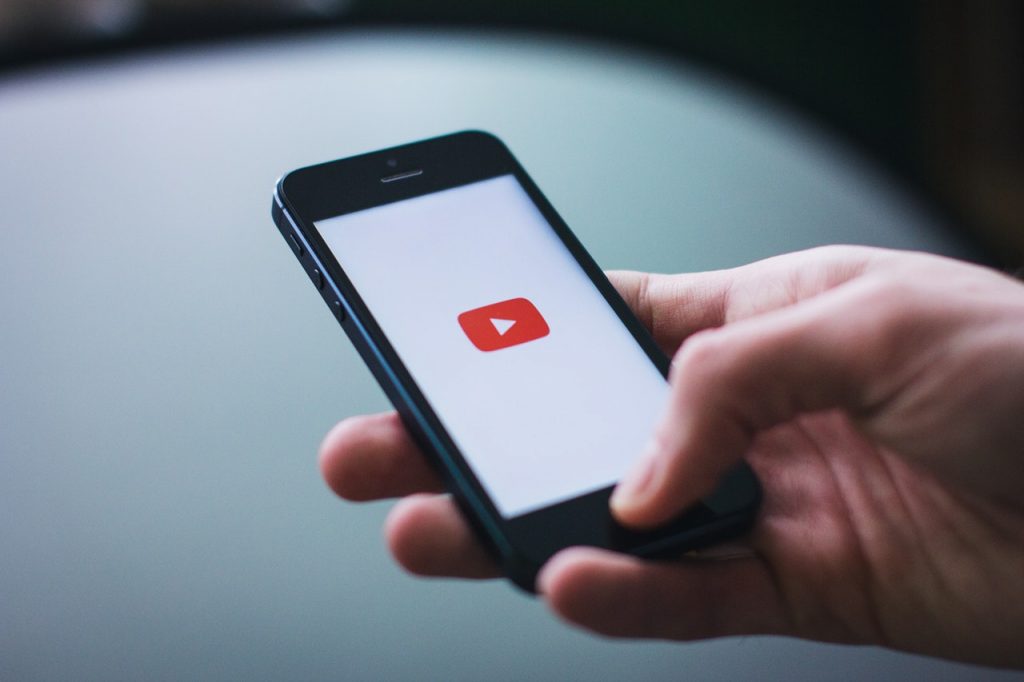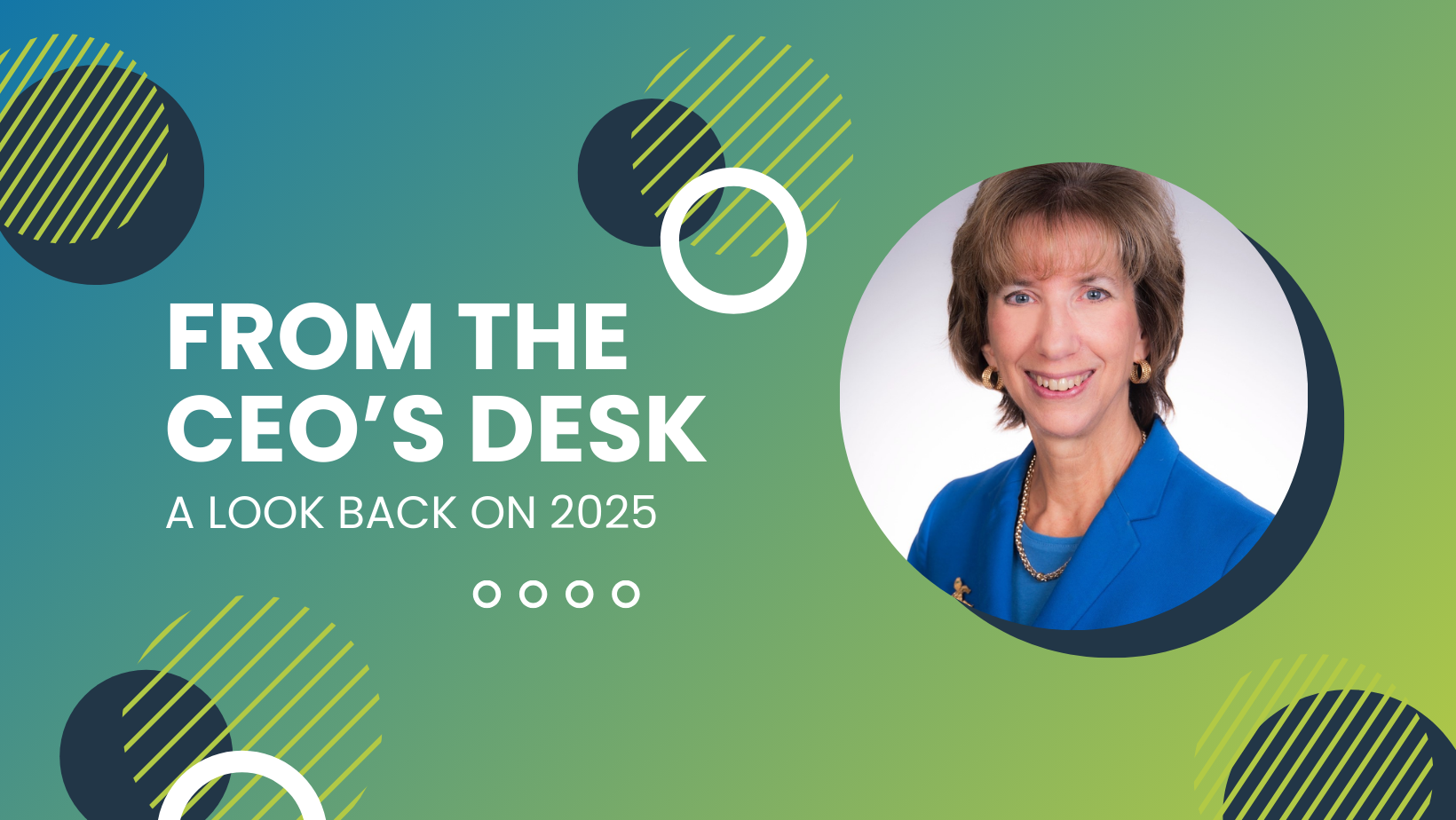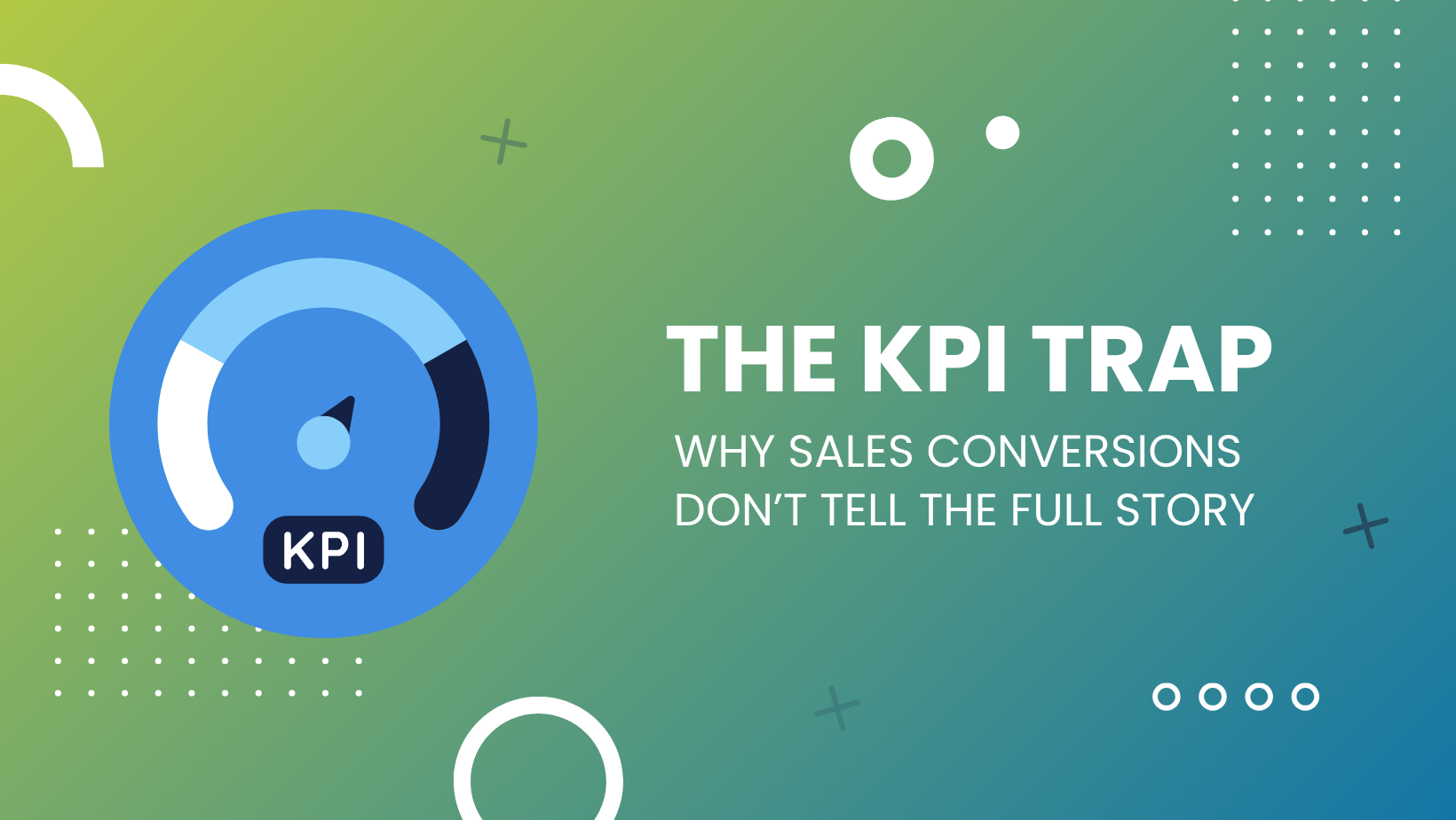What Influencer Marketing Looks Like Today

Influencer marketing takes your classic word-of-mouth advertising and applies it to the digital age. An “influencer” is an individual who has a significant following on a social media platform, whom brands can partner with to promote their products or services. The idea is simple: people are more likely to get on board with something if somebody they know and trust endorses it first.
Statistics
- 86% of marketers used influencer marketing in 2016. 94% of them found it effective.
- 71% of consumers are more likely to make a purchase based on a social media reference.
- 70% of teenage YouTube subscribers trust influencer opinions over traditional celebrities.
The shift from celebrities to micro influencers
That last statistic is a key insight into how influencer marketing has changed over the years. It works best when the influencer is authentic and honest in their representation of a brand, and is able to engage with their audience personally. For this reason, the ideal influencer is shifting from one big-name celebrity to a handful of smaller, “micro influencers,” with fewer than 1 million followers.
The big-shots may have a wider reach, but micro influencers have the potential to be more relevant and credible. Micro influencers explore, critique, and teach their niche interests because it’s what they’re passionate about. Some do it just for fun, and for free, while others charge brands for exposure to their audience. Either way, their followers consider them experts in their fields.
On the other hand, consumers can tell if a big-name influencer isn’t genuinely sold on a company or product, especially if the product isn’t relevant. An actress might have a broad following when she endorses a certain car, but who’s to say she actually drives it, or is qualified to recommend it? If it’s recommended by a YouTuber who frequently test-drives cars and gives honest reviews about them, however, his followers are more likely to take his word for it and actually consider buying it.
What this means for businesses
Influencer marketing can have substantial ROI if it’s done strategically. When choosing influencers to represent your brand, you want to find people who are relevant, and will endorse your products because they actually like them, not because you’re paying them. Questions? Schedule a comprehensive consultation with one of our experts at BBG&G: smartstrategies@bbggadv.com




